Raising taxes is not a good option for all parties.
At the Press Conference, one of the topics that reporters were interested in was the policy response, immediate and long-term solutions after the US announced the imposition of reciprocal tariffs on goods from many countries, including Vietnam.
According to Mr. Truong Ba Tuan - Deputy Director of the Department of Tax, Fee and Charge Policy (Ministry of Finance), in the announcement on the morning of April 3 by the US side, Vietnamese goods exported to the US are subject to a tax rate of up to 46%, much higher than the current tax rates. If this policy is applied, it is likely that many manufacturing industries in Vietnam will be negatively affected, especially those that export a lot to the US such as electronics, textiles, footwear, etc.
Recently, implementing the Prime Minister's direction, to ensure proactive and flexible adaptation to the situation, ensuring the achievement of the growth target of 8% or more, the Ministry of Finance has reviewed all import tax rates stipulated in the Preferential Import Tariff, thereby advising and submitting to the Government to issue Decree 73/2025/ND-CP dated March 31, 2025 amending and supplementing the preferential import tax rates of a number of items in the Preferential Import Tariff according to the List of taxable items issued together with Decree No. 26/2023/ND-CP dated May 31, 2023.
In Decree 73, import tax rates of some items that major trading partners are interested in have been significantly reduced. This is a policy aimed at balancing and improving the trade balance with major partners in general and with the US in particular; at the same time, helping consumers and businesses access more diverse goods and with lower taxes, said Mr. Truong Ba Tuan.
Before submitting Decree 73 to the Government for promulgation, the Ministry of Finance proactively reviewed all tax rates currently applied to imported goods, including other related taxes such as value added tax, special consumption tax, environmental protection tax, etc. to make specific and thorough assessments. Accordingly, 16 items have had their taxes reduced.
According to the head of the Tax, Fee and Charge Policy Department, the average difference between import tax rates between Vietnam and the US is not too high at present. The most recent report from the Office of the US Trade Representative mentioned that the average tax rate of Vietnam's tariff is only 9.4%. Most US goods exported to Vietnam have an import tax rate of 15% or lower.
Regarding the US imposing a 46% reciprocal tax, Mr. Truong Ba Tuan affirmed that it is necessary to actively research, evaluate and clarify the basis for the US to impose such a high tax rate. Because Vietnam's tariff level is much lower than the US's calculation. This is an issue that needs to be thoroughly and quickly studied to advise the Government on solutions to be proposed in the coming time.
Regarding this issue, Mr. Nguyen Duc Chi, Deputy Minister of Finance, affirmed that Vietnam's policy is to balance trade, along with the goal of increasing turnover, but not to solve it by tax. That is the issue that needs to be addressed. If we balance by increasing tax, it is not a good solution for all parties.
“Therefore, it is necessary to persistently find solutions, discuss and share with US partners to move towards a trade balance in the direction of development so that consumers of both economies can benefit,” Deputy Minister Nguyen Duc Chi affirmed.
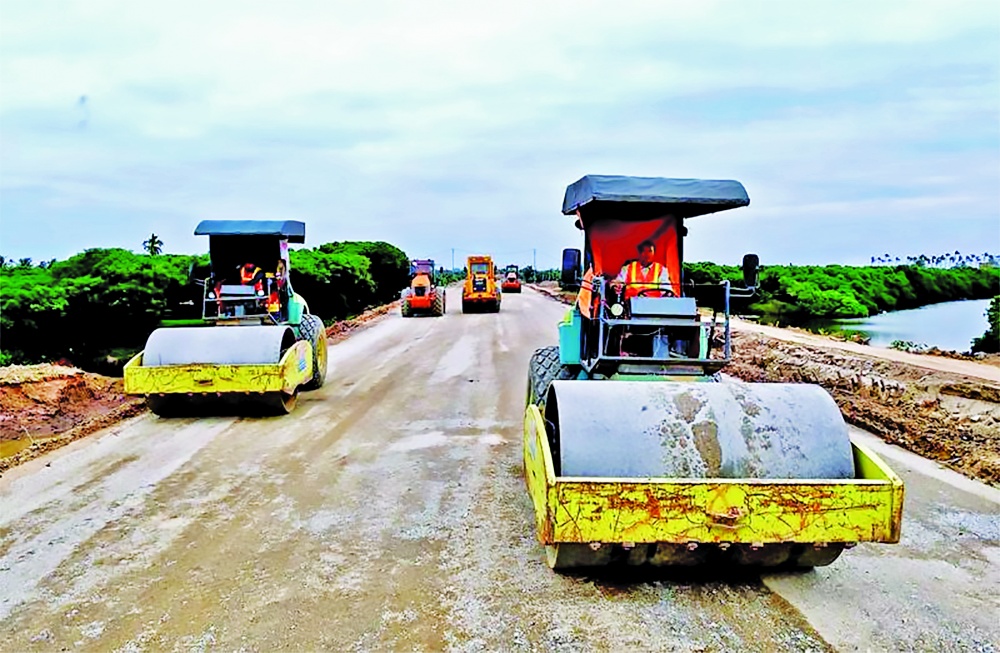 |
| Public investment remains one of the key pillars driving economic growth. |
Removing obstacles to promote public investment
Meanwhile, domestically, a component of the "three-horse carriage" of the economy, public investment, is facing a low disbursement rate. By the end of the first quarter of 2025, the disbursement rate of public investment capital reached 9.53% compared to the annual plan. Explaining the reasons, a representative of the Ministry of Finance said that, first of all, there are limitations and shortcomings in mechanisms and policies - especially inappropriate regulations in the Law on Public Investment and the Law on State Budget. Currently, the Ministry of Finance is urgently reviewing and submitting to competent authorities to remove difficulties, simplify procedures, and facilitate implementation in practice.
The second reason comes from difficulties in the implementation process. During the process of restructuring and reviewing, there were projects that had completed the preparation steps but were found to be ineffective after re-examination, forcing the implementation to stop. This also affected the disbursement results. In addition, some localities have not yet allocated budget revenue. This directly affects the progress of implementing projects using public investment capital, while 2025 requires promoting public investment to support economic growth.
To further accelerate the disbursement progress, Deputy Minister Nguyen Duc Chi emphasized that it is necessary to continue to comprehensively review the Law on Public Investment, the Law on State Budget, and the payment mechanism to ensure transparency. In addition, it is necessary to strengthen decentralization and delegation of authority to all levels, along with a strict inspection and supervision mechanism... The Government always pays special attention to this issue and is resolutely removing difficulties, because public investment is still one of the key pillars to promote economic growth in 2025.
Source: https://thoibaonganhang.vn/huong-toi-diem-can-bang-de-phat-trien-ben-vung-162254.html


![[Photo] Looking back at the impressive moments of the Vietnamese rescue team in Myanmar](https://vstatic.vietnam.vn/vietnam/resource/IMAGE/2025/4/11/5623ca902a934e19b604c718265249d0)



![[Photo] "Beauties" participate in the parade rehearsal at Bien Hoa airport](https://vstatic.vietnam.vn/vietnam/resource/IMAGE/2025/4/11/155502af3384431e918de0e2e585d13a)

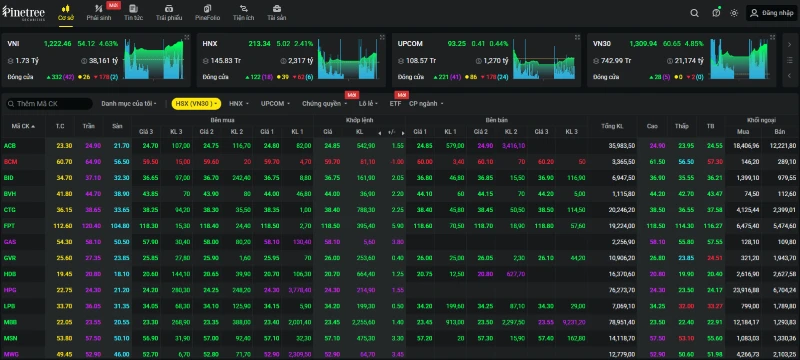
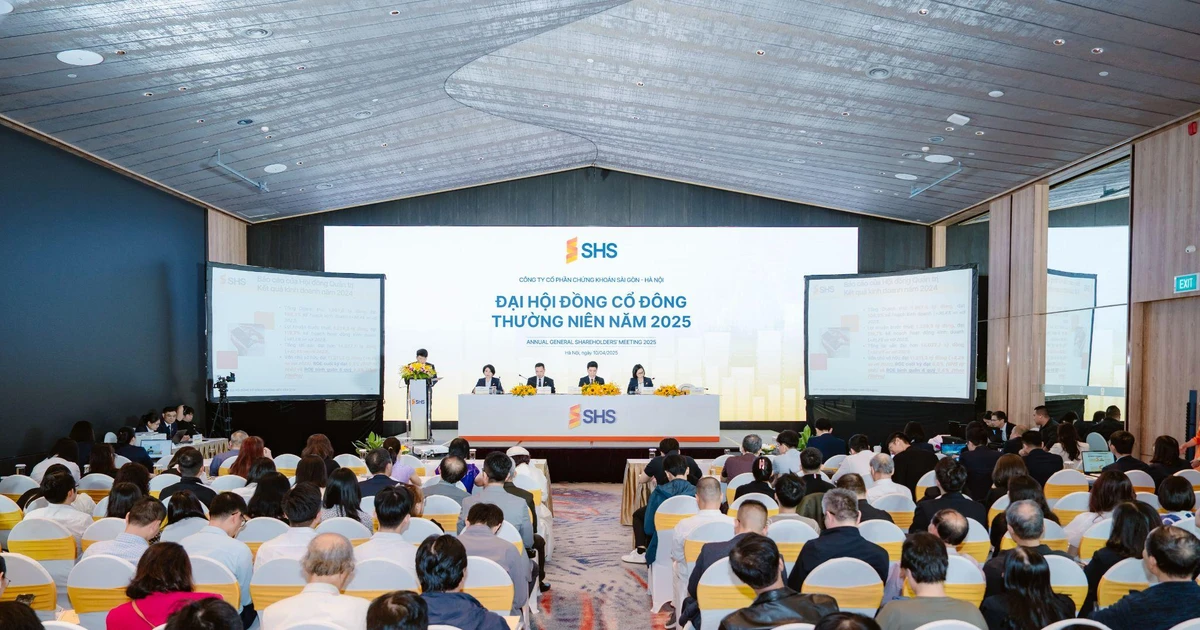
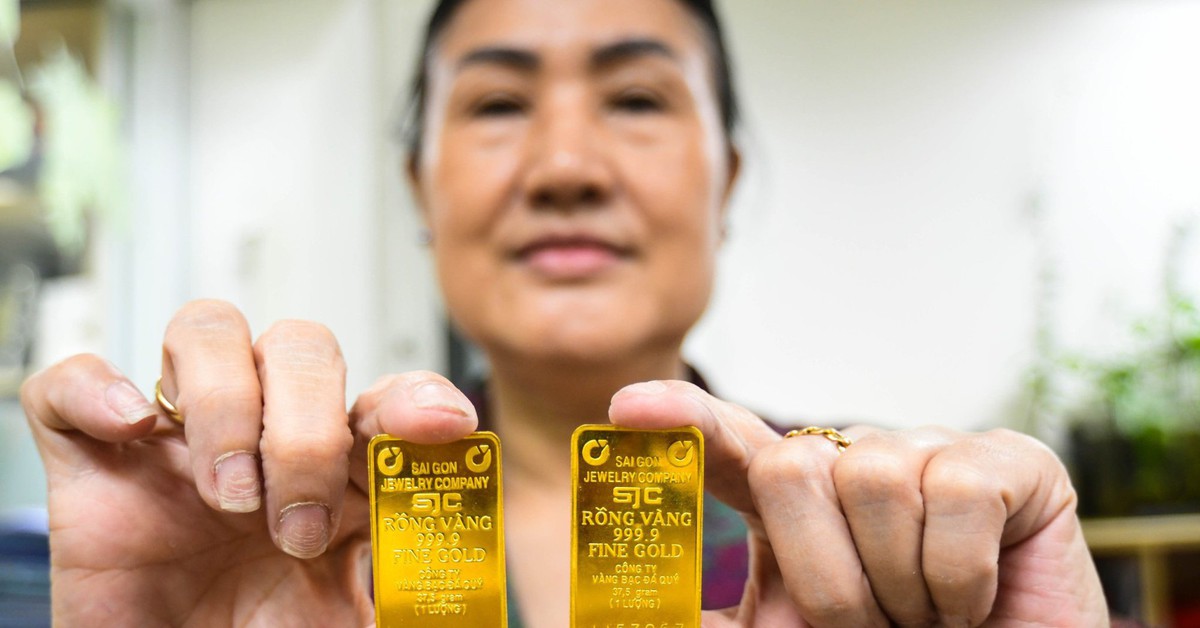

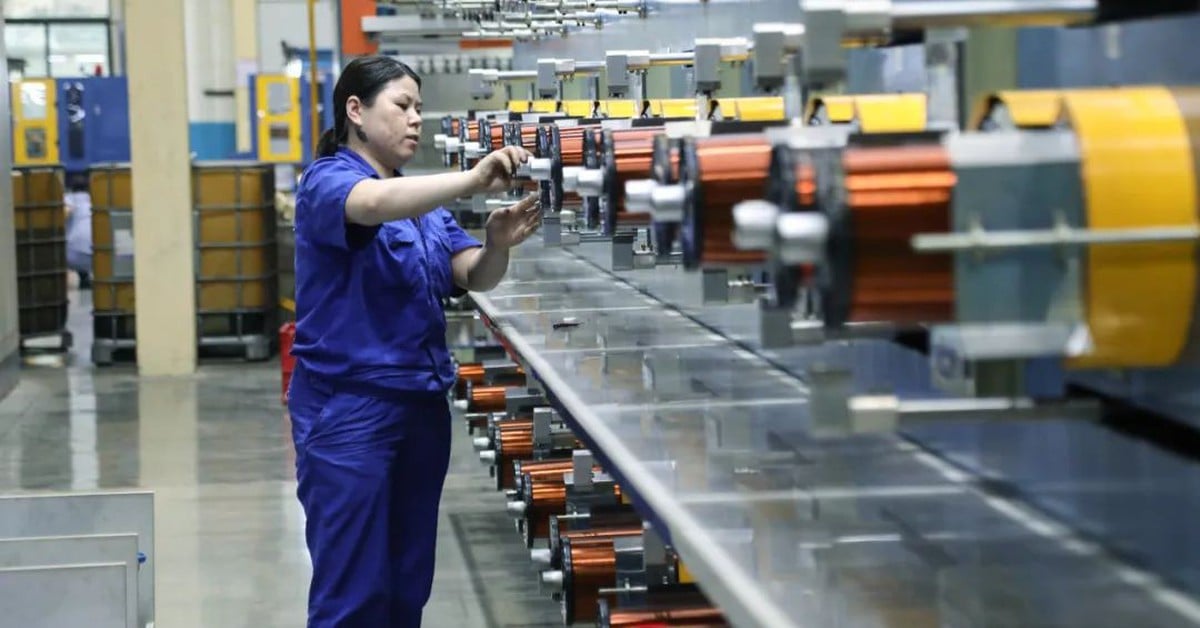
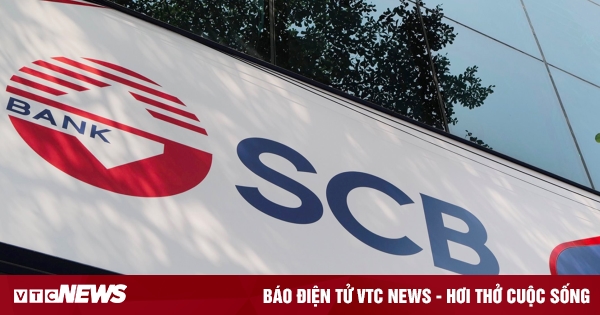



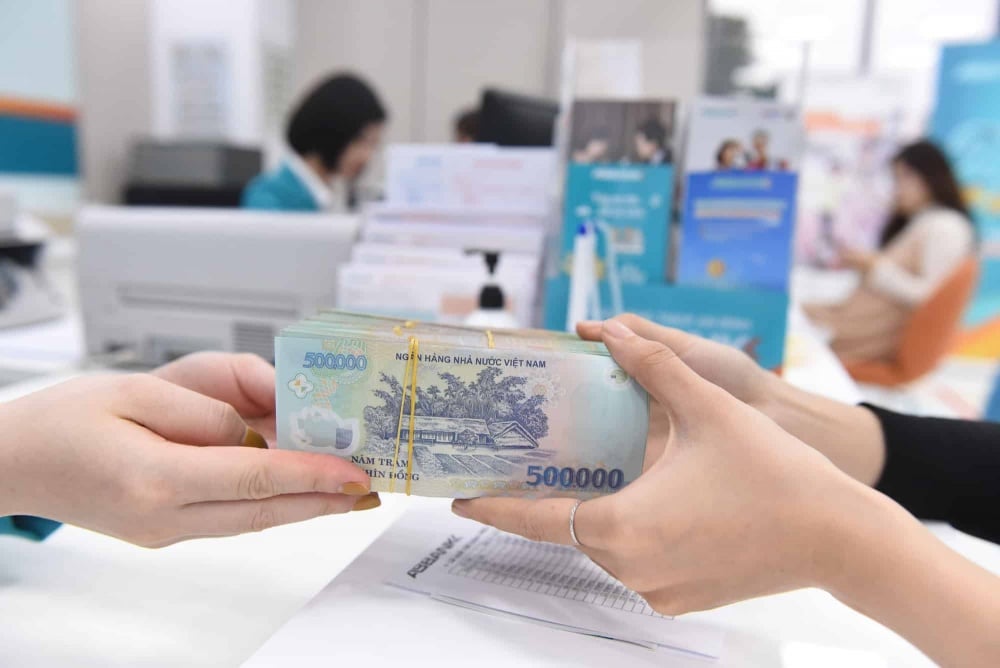

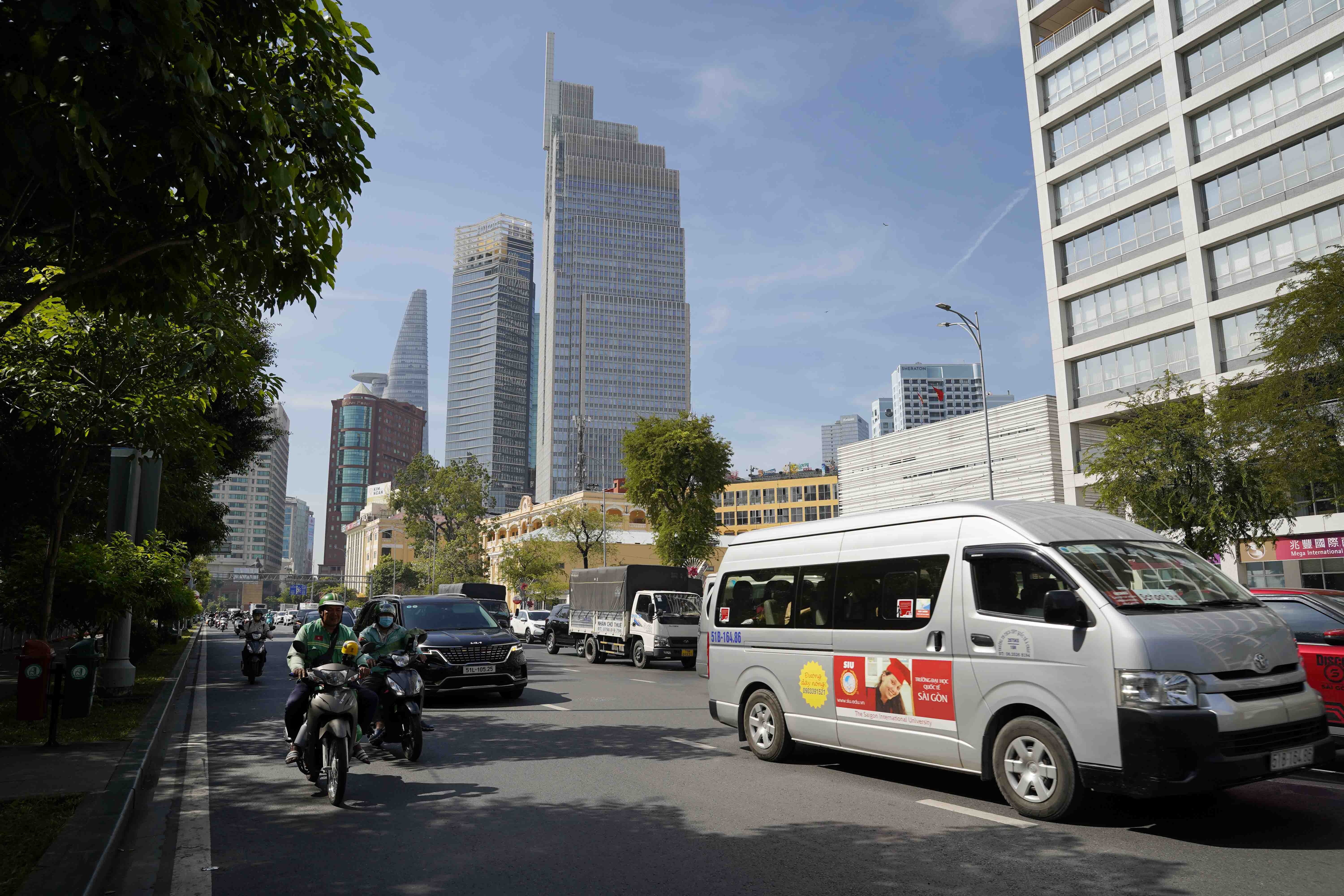
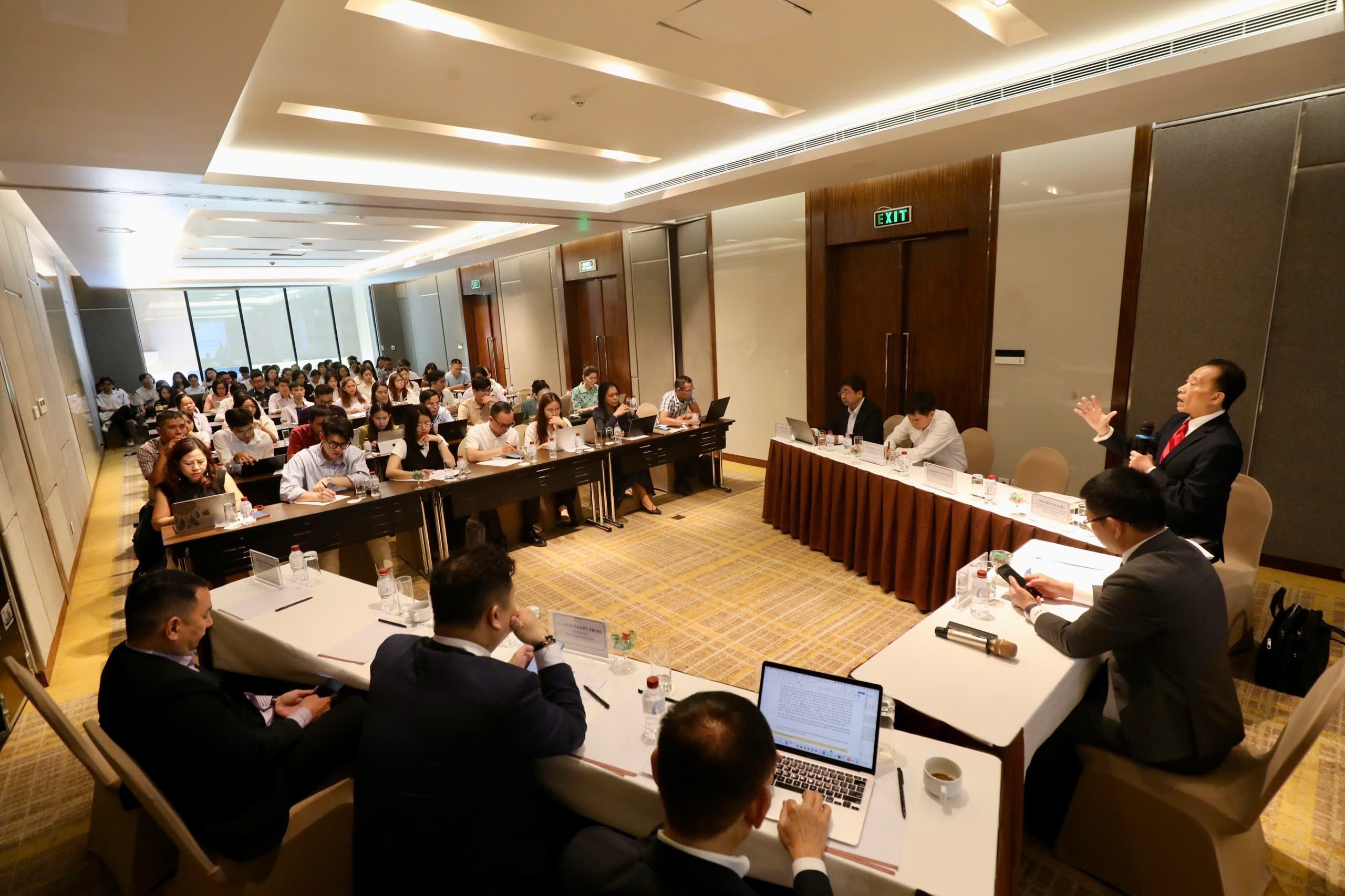
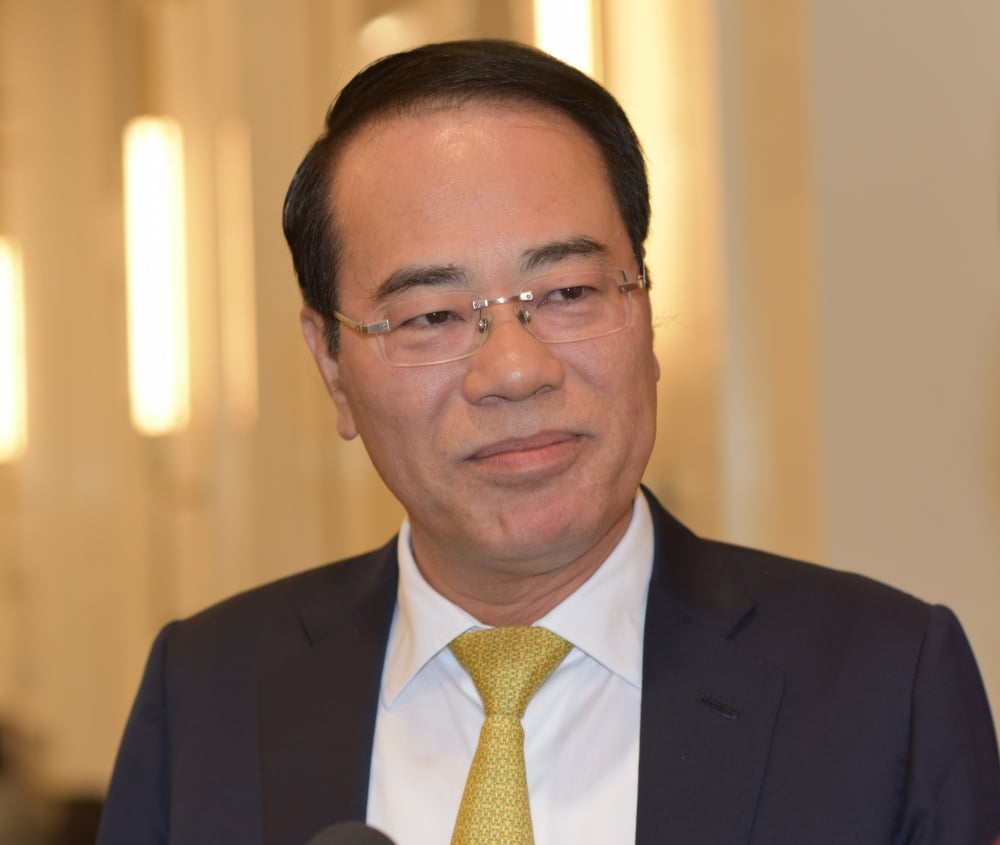

![[Photo] Summary of parade practice in preparation for the April 30th celebration](https://vstatic.vietnam.vn/vietnam/resource/IMAGE/2025/4/11/78cfee0f2cc045b387ff1a4362b5950f)















































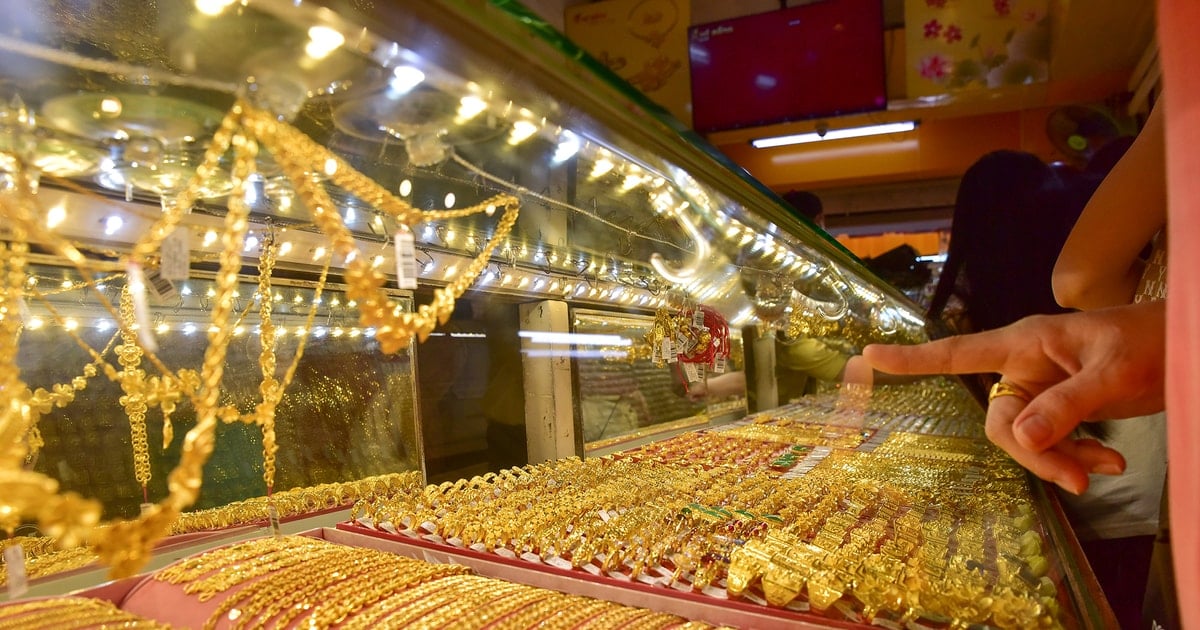













Comment (0)